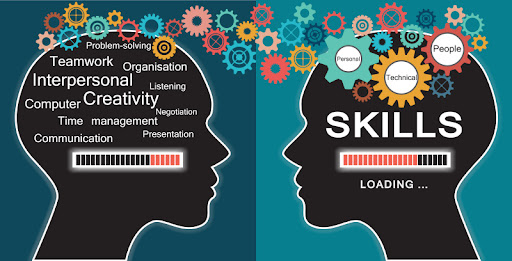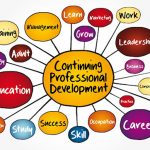
The training and education industry is a vital part of our society. It helps to prepare people for work and to continue learning throughout their lives.
Interpersonal skills are essential for any individual working in the training and education industry. They allow you to build positive relationships with both your students and your colleagues, which is key for a successful and productive learning environment. Good interpersonal skills also help to create a positive atmosphere in which students feel comfortable asking questions and sharing their ideas.
In order to develop strong interpersonal skills, it is important to be aware of your own communication style and be willing to adapt your behaviour to best suit the situation. You should also be open to feedback, both positive and negative, in order to continuously improve your interactions with others. It is also important to be aware of the way you are perceived by others, and work on developing a good reputation within your field.
Trainers need to be able to build rapport with participants, give constructive feedback and keep sessions on track. Students need to be able to participate in class discussions, ask questions and work collaboratively.
Here are just a few of the ways that interpersonal skills can help you succeed in this field:
- Interpersonal skills can help you build relationships with your students. This is important because it helps create a supportive learning environment for your students. When students feel comfortable asking questions and sharing their ideas, they are more likely to learn and grow.
- Interpersonal skills can also help you manage classroom dynamics. In a classroom setting, it’s important to be able to quickly diffuse any tension or conflict that arises. By being able to effectively communicate with your students, you can maintain a positive learning environment for everyone.
- Interpersonal skills can help you network with other professionals in the industry. Networking is important for any professional, but it’s especially important in the training and education industry. By building strong relationships with other professionals, you can learn from their experiences and collaborate on projects.
Overall, interpersonal skills are essential for anyone working in the training and education industry. They help you to build positive relationships with your students and colleagues, which leads to a more productive and successful learning environment. If you are looking to improve your interpersonal skills, be sure to be aware of your own communication style, be open to feedback, and work on developing a good reputation within your field.




